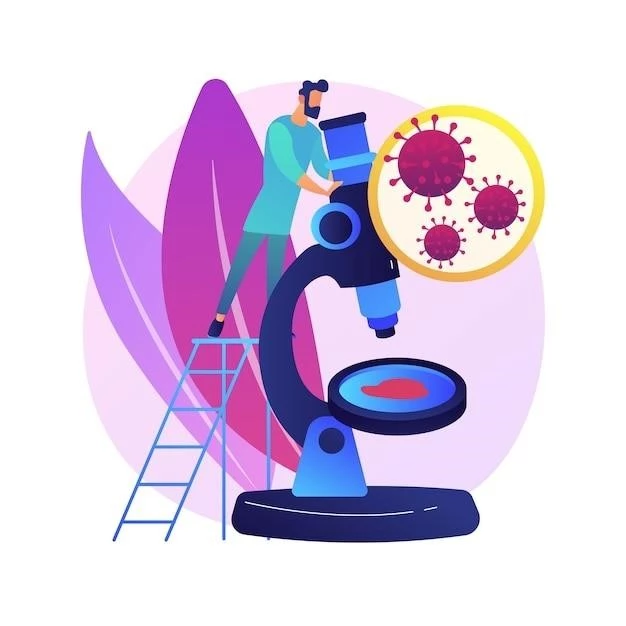Symptoms of Adenylosuccinate Lyase Deficiency
Neurological Symptoms
Developmental delay
Seizures
Neurological Symptoms
Individuals with Adenylosuccinate Lyase Deficiency may experience developmental delay, seizures, intellectual disability, cognitive impairment, and autistic behaviors. It is crucial to monitor and manage these neurological symptoms closely.
Behavioral Symptoms
Behavioral symptoms in Adenylosuccinate Lyase Deficiency patients can include irritability, anxiety, self-injurious behaviors, and hyperactivity. Addressing these symptoms may require a multidisciplinary approach involving mental health professionals and caregivers.
Physical Symptoms
Some physical symptoms of Adenylosuccinate Lyase Deficiency include muscle weakness, feeding difficulties, growth retardation, and distinctive facial features. These manifestations may vary in severity and require comprehensive medical management.
Diagnosis and Testing for Adenylosuccinate Lyase Deficiency
Genetic Testing
Genetic testing plays a crucial role in diagnosing Adenylosuccinate Lyase Deficiency by identifying mutations in the ADSL gene. This test helps confirm the condition and guide appropriate treatment strategies for affected individuals and families.
Metabolic Testing
Metabolic testing is essential in diagnosing Adenylosuccinate Lyase Deficiency by analyzing biochemical markers in the blood or urine. This testing helps evaluate metabolic abnormalities associated with the condition and aids in treatment planning and monitoring.
Treatment Options for Adenylosuccinate Lyase Deficiency
Medications
Medications for Adenylosuccinate Lyase Deficiency aim to manage symptoms and may include antiepileptic drugs for seizures, behavioral medications, and supplements to support energy metabolism. Consult a healthcare provider for proper medication management.
Dietary Management
Dietary management for Adenylosuccinate Lyase Deficiency involves a special low-protein diet to reduce ammonia production and supplementation with specific nutrients. Nutritionists play a key role in developing individualized dietary plans to support overall health and well-being.
Genetic Causes of Adenylosuccinate Lyase Deficiency
ADSL Gene Mutation
Adenylosuccinate Lyase Deficiency is primarily caused by mutations in the ADSL gene, leading to impaired enzyme function. Understanding these genetic alterations is essential for diagnosis, genetic counseling, and potentially targeted therapies in the future.
Research Advances in Adenylosuccinate Lyase Deficiency
Gene Therapy
Gene therapy shows promise in Adenylosuccinate Lyase Deficiency by aiming to deliver functional copies of the ADSL gene to restore enzyme activity. Ongoing research in gene therapy offers hope for potential treatments targeting the underlying genetic cause of the condition.
Enzyme Replacement Therapy
Enzyme replacement therapy for Adenylosuccinate Lyase Deficiency involves providing the deficient enzyme to compensate for its absence. While this approach is still under investigation, it holds potential as a targeted treatment strategy to address enzyme deficiencies and associated symptoms.

Supportive Care for Adenylosuccinate Lyase Deficiency Patients
Physical Therapy
Physical therapy is vital for individuals with Adenylosuccinate Lyase Deficiency to improve motor skills, strength, and coordination. Customized exercise programs can address physical limitations and enhance quality of life through targeted interventions and support.
Occupational Therapy
Occupational therapy is essential to enhance daily living skills and promote independence in Adenylosuccinate Lyase Deficiency patients. Therapists work on adaptive strategies and assistive devices to optimize functional abilities and support individuals in managing daily tasks effectively.
Adenylosuccinate Lyase Deficiency in Children
Early Intervention
Early intervention programs are crucial for children with Adenylosuccinate Lyase Deficiency to address developmental delays, cognitive impairments, and behavioral challenges promptly. Timely support and therapies can significantly impact long-term outcomes and quality of life.
Educational Support
Educational support services play a vital role in addressing learning difficulties and promoting academic success in children with Adenylosuccinate Lyase Deficiency. Individualized educational plans and accommodations can help optimize learning outcomes and cognitive development.
Managing Complications of Adenylosuccinate Lyase Deficiency
Cardiac Complications
Cardiac complications in Adenylosuccinate Lyase Deficiency may include heart rhythm abnormalities and cardiomyopathy. Regular cardiac evaluations and monitoring are essential to detect and manage these potential issues early, optimizing cardiac health and overall well-being.
Renal Complications
Renal complications, such as kidney stones and kidney dysfunction, can occur in Adenylosuccinate Lyase Deficiency. Regular renal function assessments and hydration management are crucial to prevent and manage potential renal issues, ensuring optimal kidney health and function.
